Explore our projects & studies
Explore our projects & studies
From Artificial Intelligence to Human-Computer Interaction and Software Architecture, our research team tackles complex problems across many domains. We seek at providing the best of modern technology for public services, health-care and industry.

Generation of Interoperability Connectors: an efficient way to save time
Code generation has gradually become a prominent aspect of today’s software development. The process of writing software requires developers to frequently rewrite similar code repeatedly. This practice can be both time-consuming and tedious. Developers aim to occasionally write abstraction to keep their applications DRY (do not repeat yourself), however writing
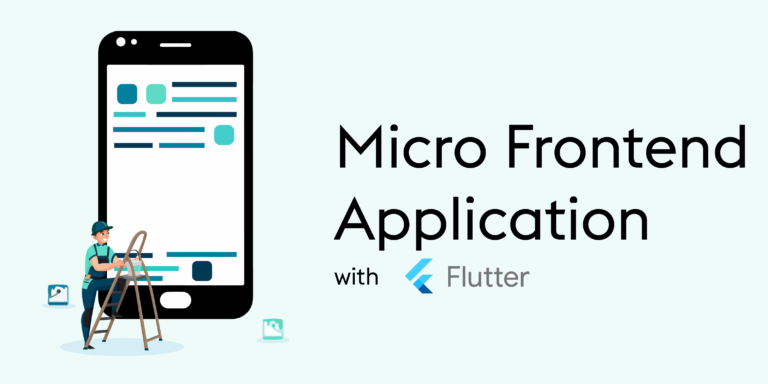
Micro-application architecture: A guaranteed time saver
In order to guarantee better maintainability and scalability of our applications, we often have to break down our application into a multitude of micro-services with their own logic. These micro-services must be as autonomous as possible and fulfill a specific function in order to be able to reuse them in
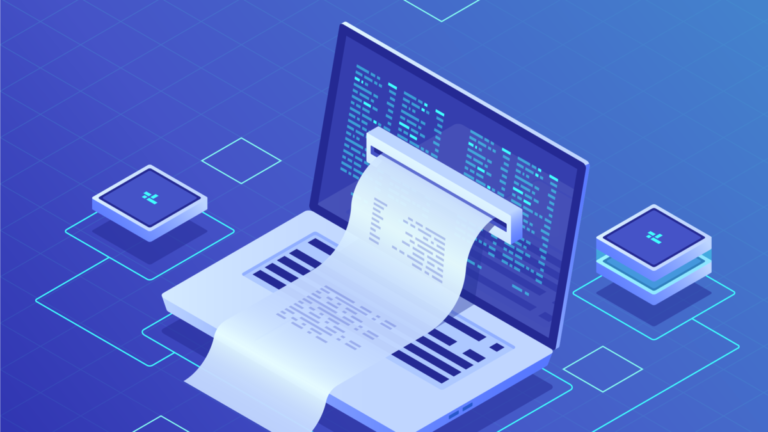
🧾DeepFacture🧾: When deep learning visually controls invoices
Before total digitalization, the invoices were visually checked by the agents. Today the invoices are entirely dematerialized, therefore nobody checks their layout, readability, and consistency with their metadata. In France, controlling an invoice dataflow (ORMC: Order of Multi Creditor Receipt) can take up to 1 full day. ORMC data flow
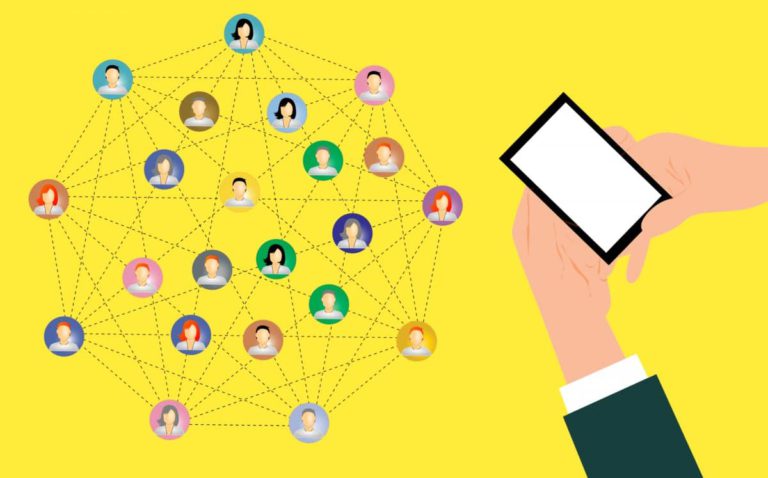
🇫🇷 L’illectronisme, un handicap majeur dans une société de plus en plus digitalisée
Le terme « illectronisme » est un néologisme transposant le problème d’illettrisme dans le domaine de l’information électronique. On peut le définir comme un manque de connaissances clés nécessaires à l’utilisation des ressources électroniques. On parle aussi d’illettrisme numérique, ce qui met bien en avant les difficultés de lecture des
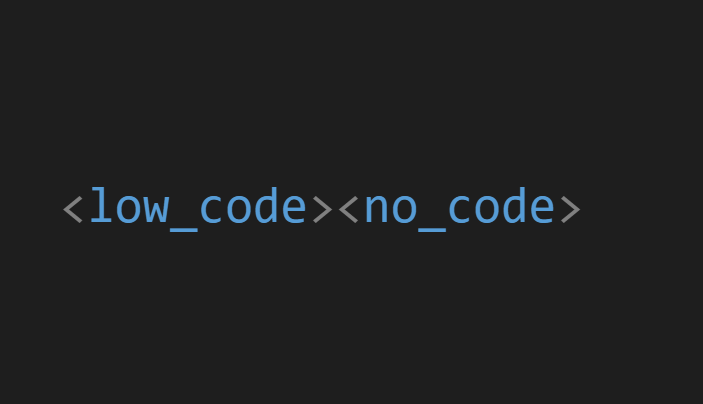
What is the place for the Low Code / No Code evolution?
The Low Code/No Code did not appear in the early 2020s, it is a trend that has already been taking shape for several decades and in 2021 the market is still in the creation phase. There are a very large number of well-known players such as Salesforce, OutSystems, K2, Mendix,

What is Federated Learning?
Nowadays, a massive amount of data is generated by devices such as smartphones and connected objects (IoT). This data is used to train high-performance machine learning (ML) models, making artificial intelligence (AI) present in our daily lives. Data is generally sent to the cloud, where it is stored, processed, and

DEESSE: A Generic Search Engine based on Artificial Intelligence
In Berger-Levrault, several of our software products incorporate a search engine in themselves to facilitate access to information. This information can be encoded in files having various and varied formats. For example, Word, PDF, CSV, JSON or even XML files. Current search engines such as Lucene focus most of the

Artificial Intelligence for Home Care Structures
The aging of the population leads to an increase in the number of people losing their autonomy and in situations of fragility. Due to the lack of space in medico-social institutions, home care structures (SAAD, SSIAD, SPASAD, and HAD) are an alternative offering a better environment for beneficiaries. We are working

Understanding the complexity of the city
The systemic project of the city aims to structure the various key concepts which reflect the complexity of the object “City”. The approach used in this project exploits the different data provided by the digital city to translate sustainable development into the processes of technical management of the territory, correlate
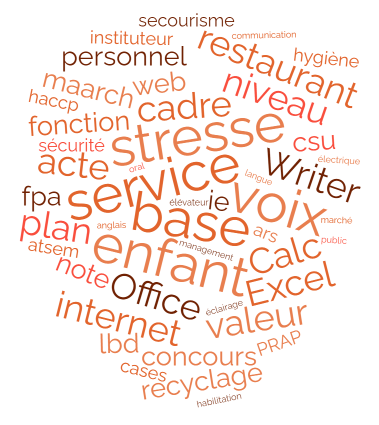
When AI generates Human Resources training plans!
Berger-Levrault works in collaboration with the Cusma association and the innovation commission to exchange experiences and advice on innovation applications. Among the projects, we started working on a supervised automatic classification of training requests.This project aims to assist administrative officers using artificial intelligence and robots to classify and prioritize training
